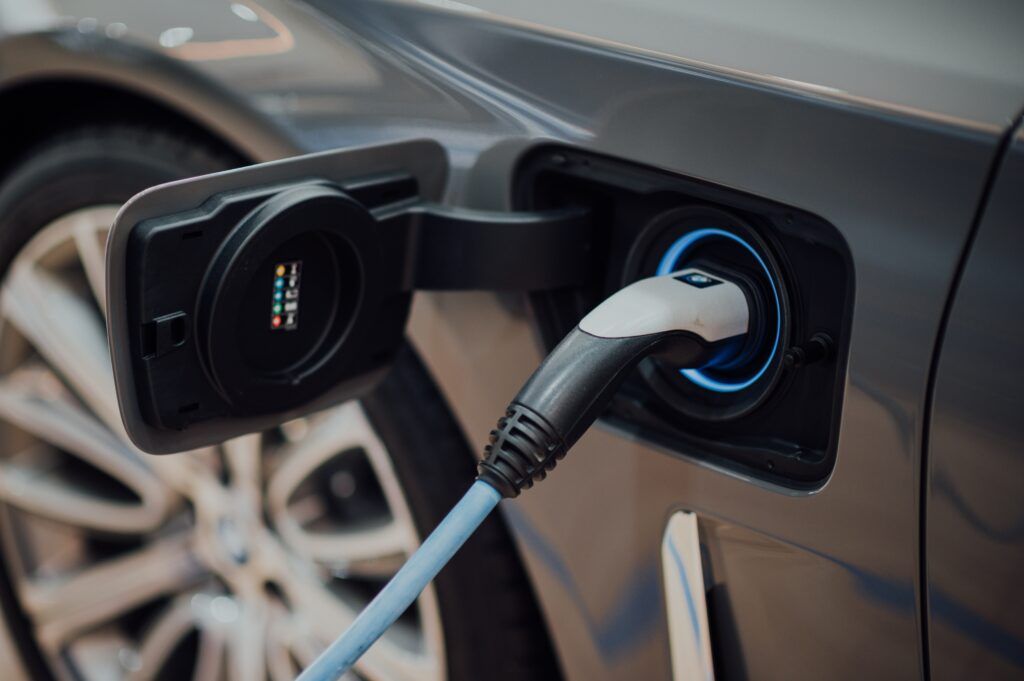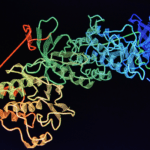The European Environment Agency (EEA) has published its provisional data about the emissions of newly registered passenger cars and vans in Europe in 2020. For cars, the data show a 12 % decrease in average carbon dioxide (CO2) emissions, compared with 2019. Average van emissions also decreased slightly, by about 1.5 %.
About 1.4 million new vans registered in Europe in 2020 with average emissions of 157.7 g CO2/km, which is 2.3 g (1.5 %) lower than in 2019. The share of electric vans increased from 1.4% in 2019 to about 2.3% in 2020.
The provisional data are available through the EEA’s data viewer on CO2 emissions of new cars and new vans.
About testing vehicle emissions
The emissions of new vehicles are systematically tested using ‘type approval’ procedures. Since 2017, the new Worldwide Harmonized Light Vehicle Test Procedure (WLTP) has been put in place with the objective to gradually replace the outdated New European Driving Cycle (NEDC). The WLTP allows to obtain more realistic information on vehicle emissions in the type approval tests.
EEA activities
The EEA collects and regularly makes available data on new passenger cars and vans registered in Europe, in accordance with EU Regulation (EU) No 2019/631. The data are reported by all EU Member States, United Kingdom, Iceland (since 1 January 2018) and Norway (since 1 January 2019) in order to evaluate the efficiency of the new vehicle fleet and includes information on CO2 emissions and vehicle mass. The next data release will include the final results for new registrations in 2020.
Compliance with targets
The European Commission will confirm whether individual manufacturers or pools have met their own specific annual targets, which are based on the average mass of the cars registered.







Leave a Reply